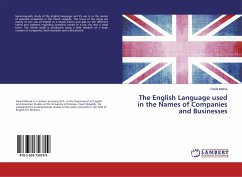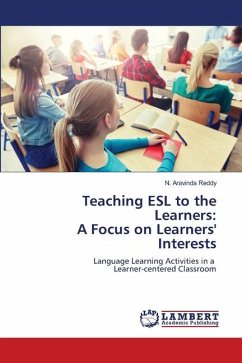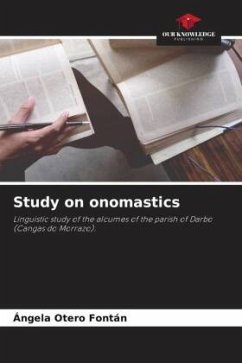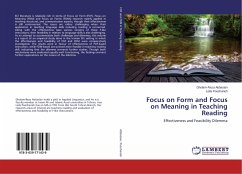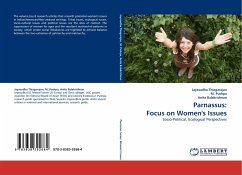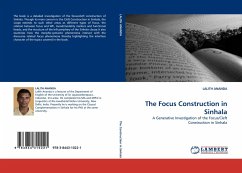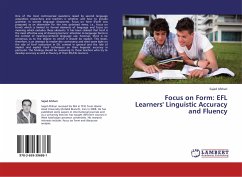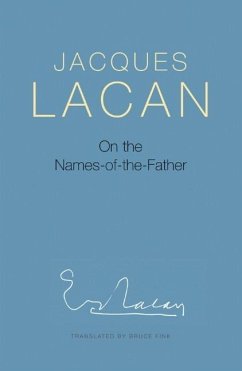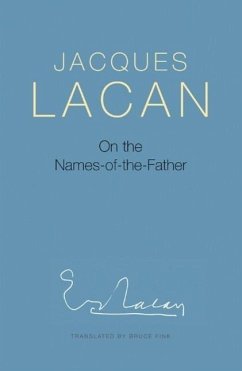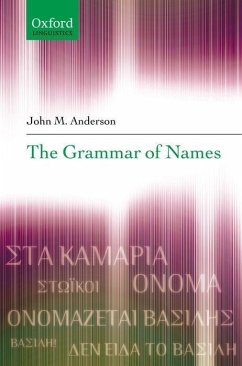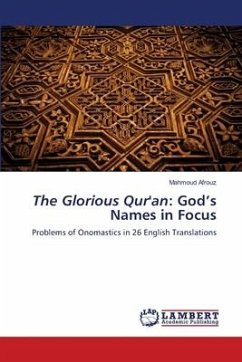
The Glorious Qur'an: God's Names in Focus
Problems of Onomastics in 26 English Translations
Versandkostenfrei!
Versandfertig in 6-10 Tagen
29,99 €
inkl. MwSt.

PAYBACK Punkte
15 °P sammeln!
Onomastics, dealing with culture-specific terms, poses great challenges for literary translators, especially for translators of sacred texts. Translating God's Names requires profound cultural knowledge. The paper investigated procedures of translating God's Names in English translations of the Glorious Qur'an by adopting Liang's (2016) model. After identifying the equivalents of proper names in 26 English translations, the procedures used for rendering them were identified. Finally, the general tendencies of procedures were specified. The findings revealed that two procedures used by the Qur'...
Onomastics, dealing with culture-specific terms, poses great challenges for literary translators, especially for translators of sacred texts. Translating God's Names requires profound cultural knowledge. The paper investigated procedures of translating God's Names in English translations of the Glorious Qur'an by adopting Liang's (2016) model. After identifying the equivalents of proper names in 26 English translations, the procedures used for rendering them were identified. Finally, the general tendencies of procedures were specified. The findings revealed that two procedures used by the Qur'an translators ('couplet' and 'transposition') do not appear in Liang's (2016) model. It was also found that the procedure of 'convention' was by far (60.50%) the most frequently used procedure. Additionally, the data analysis revealed that no translator used procedures of 'naturalization' and 'rendition'. Moreover, it was found that 1.60% of procedures were source-oriented and 98.40% of them were target-oriented. In other words, all English translators of the Holy Qur'an showed greater tendencies to adopt target-oriented procedures in rendering God's Names.



